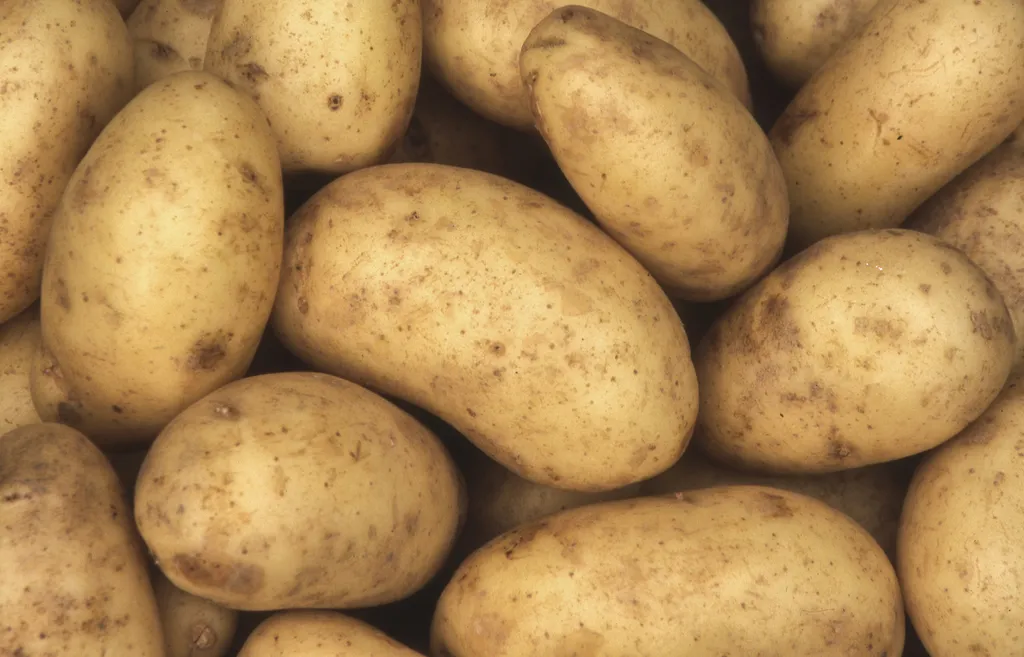In the heart of Punjab, India, a groundbreaking study led by Maninder Kaur from the School of Agricultural Biotechnology at Punjab Agricultural University is unlocking the secrets of potato resilience. The research, published in the journal *Scientific Reports* (which translates to *Nature Research Reports* in English), delves into the world of eukaryotic initiation factor (eIF) genes, offering a beacon of hope for potato farmers grappling with the harsh realities of abiotic stresses like heat, cold, and drought.
Potatoes, a staple crop worldwide, face significant challenges from these environmental stresses, which can lead to tissue necrosis and drastically reduced yields. Kaur’s team employed in-silico analysis to target 31 eIF genes in potatoes, mapping them across all twelve chromosomes. Their findings revealed ten conserved motifs and cis-response elements that play crucial roles in regulating gene expression in response to abiotic stresses.
“The identification of these motifs and elements is a significant step forward,” Kaur explained. “They act as molecular switches, turning genes on or off in response to environmental stresses. Understanding these mechanisms allows us to better comprehend how potatoes cope with adverse conditions.”
The team constructed a phylogenetic tree, classifying the genes into three clades, which provided a clear demarcation of genes related to the initiation and elongation processes of translation. To validate their findings, the researchers used quantitative real-time PCR (qRT-PCR) to study the expression of three specific eIF genes—SteIF1a.1, SteIF3, and SteIF4B-1—under salt, cold, and drought stress conditions, respectively.
The results were promising. Each of these genes showed high expression levels in response to their respective stress conditions, suggesting that they could be key players in developing stress-resistant potato varieties. “This research opens up new avenues for functional genomics and gene editing approaches,” Kaur noted. “By targeting these genes, we can potentially develop potato cultivars that are more resilient to abiotic stresses, ensuring food security and economic stability for farmers.”
The implications of this research extend beyond the agricultural sector. As the world grapples with climate change, the development of stress-resistant crops is becoming increasingly critical. The potato industry, valued at over $50 billion globally, stands to benefit significantly from these advancements. Farmers could see improved yields and reduced losses, while consumers might enjoy more stable food prices and a consistent supply of this vital staple.
Moreover, the techniques and insights gained from this study could be applied to other crops, paving the way for a broader range of stress-resistant varieties. This could revolutionize agriculture, making it more sustainable and resilient in the face of environmental challenges.
As Kaur and her team continue their work, the future of potato farming looks brighter. Their research not only sheds light on the molecular mechanisms underlying stress responses but also offers practical solutions for enhancing crop resilience. In a world where food security is paramount, these findings are a beacon of hope, promising a more secure and sustainable future for agriculture.

